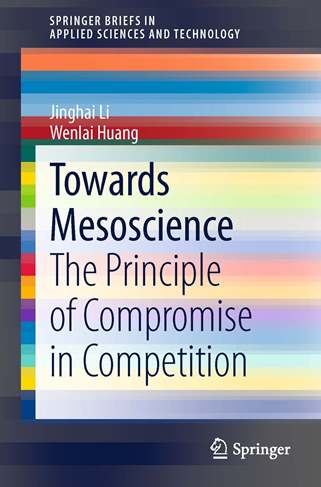
Introduction:
This brief is devoted to providing a complete outline of mesoscience by briefing the relevant contents from the published book and by updating evidences and concepts of mesoscience. The importance of mesoscience in solving various problems in energy, resource, and the environment is introduced. The whole evolutionary development of the EMMS principle is reviewed to show how a simple idea on the customized modeling of particle clustering in gas-solid systems was developed, verified, extended, and finally generalized into the common principle of compromise in competition between dominant mechanisms for all mesoscale phenomena in science and engineering, leading to the proposition of mesoscience. More importantly, updates on the concept of mesoscience and perspectives are presented, along with new insights and findings from after the publication of the original book. In this way, we hope to help readers more easily familiarize themselves with mesoscience, and to trigger interest and attention to this interdisciplinary field.
Application areas include:
● multiphase flow and fluid dynamics
● chemical, biochemical and process engineering
● mineral processing and metallurgical engineering
● energy and resources
● material science and engineering
This book has been translated into Chinese and published by Science Press.
Authors:
Jinghai Li is president of National Natural Science Foundation of China (NSFC), professor at Institute of Process Engineering of CAS.
Wenlai Huang is associate professor at Institute of Process Engineering of CAS.
Keywords:
Chemical engineering, Complexity, Compromise in competition, Computational fluid dynamics, Drag, EMMS model, EMMS paradigm, Fluidized bed, GPU, Mesoscale, Mesoscience, Multi-objective variational criterion, Multiscale modeling, Reactor scaling-up, Stability condition, Supercomputing, Universality, Virtual process engineering, Virtual reality, xPU
Link:




